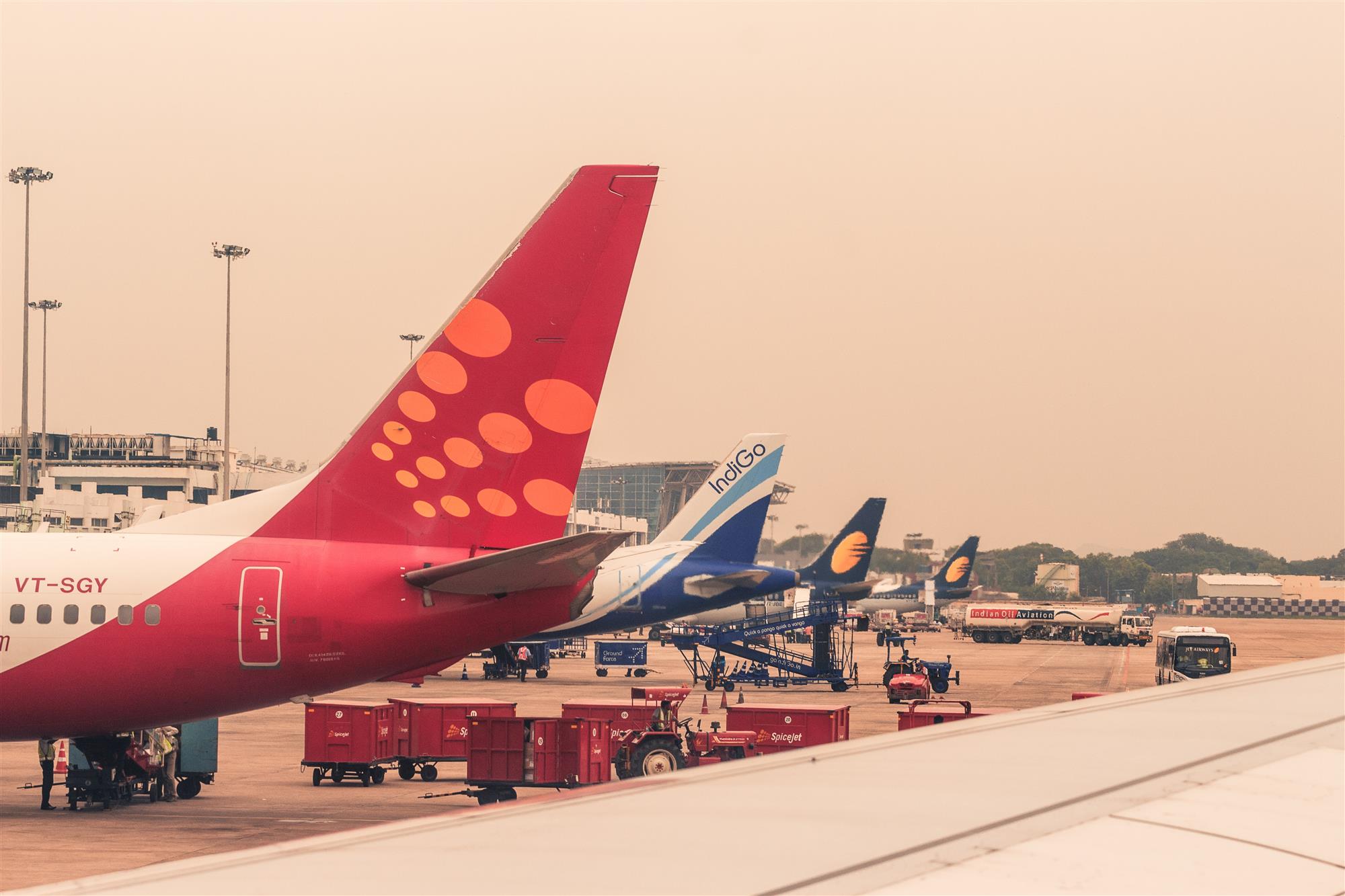The Association of Asia Pacific Airlines (AAPA) reported that international air traffic demand remains at depressed levels as a result of continued border restrictions but robust export activity amid improving global business confidence boosted demand for air cargo.

In a statement, AAPA said Asia Pacific airlines saw international air cargo demand, as measured in freight tonne-kilometres (FTK), climbed 7.6% higher compared to the same month last year, on the back of an acceleration in trade activity.
“Air cargo remains the single bright spot for the Asian carriers. International air cargo demand for the first two months of the year was 2.2% higher than in 2019,” said Subhas Menon, AAPA Director-General.
He noted, however, that cargo revenue could not offset the collapse in passenger revenue. “With travel markets shuttered by border closures, airlines will require further government support to weather the crisis,” Menon said.
AAPA said in its statement that the grounding of many passenger aircraft fleets as well as disruptions to container shipping led to additional pressure on limited air freight capacity.
In February, it said offered freight capacity declined by 9.2% year-on-year, despite increased utilisation of dedicated freighter aircraft supplemented by additional cargo-only passenger flights.
As a result, the international freight load factor recorded an 11.1 percentage point increase to an average of 71.7% for the month.
In terms of passenger volume, international passenger demand “worsened” in February, according to AAPA as fears over the spread of COVID-19 variants prompted the imposition of additional layers of border control measures.
This resulted in the region’s airlines carrying only 1.2 million international passengers, representing just 6.3% of the 18.3 million passengers recorded in the same month last year, when air travel demand was already slowing due to the intensifying spread of COVID-19 across the world.
Focus on digitalisation in the region
“The rebound in economic activity is progressing globally, whilst the travel and tourism sectors continue to be severely curtailed by differing travel requirements and restrictions, with the unpredictability of further changes,” Menon said.
He noted that the focus of Asia Pacific airlines is in “digitalising the travel process, including utilising technologies that aid governments and travellers in managing health credentials securely and efficiently.”



